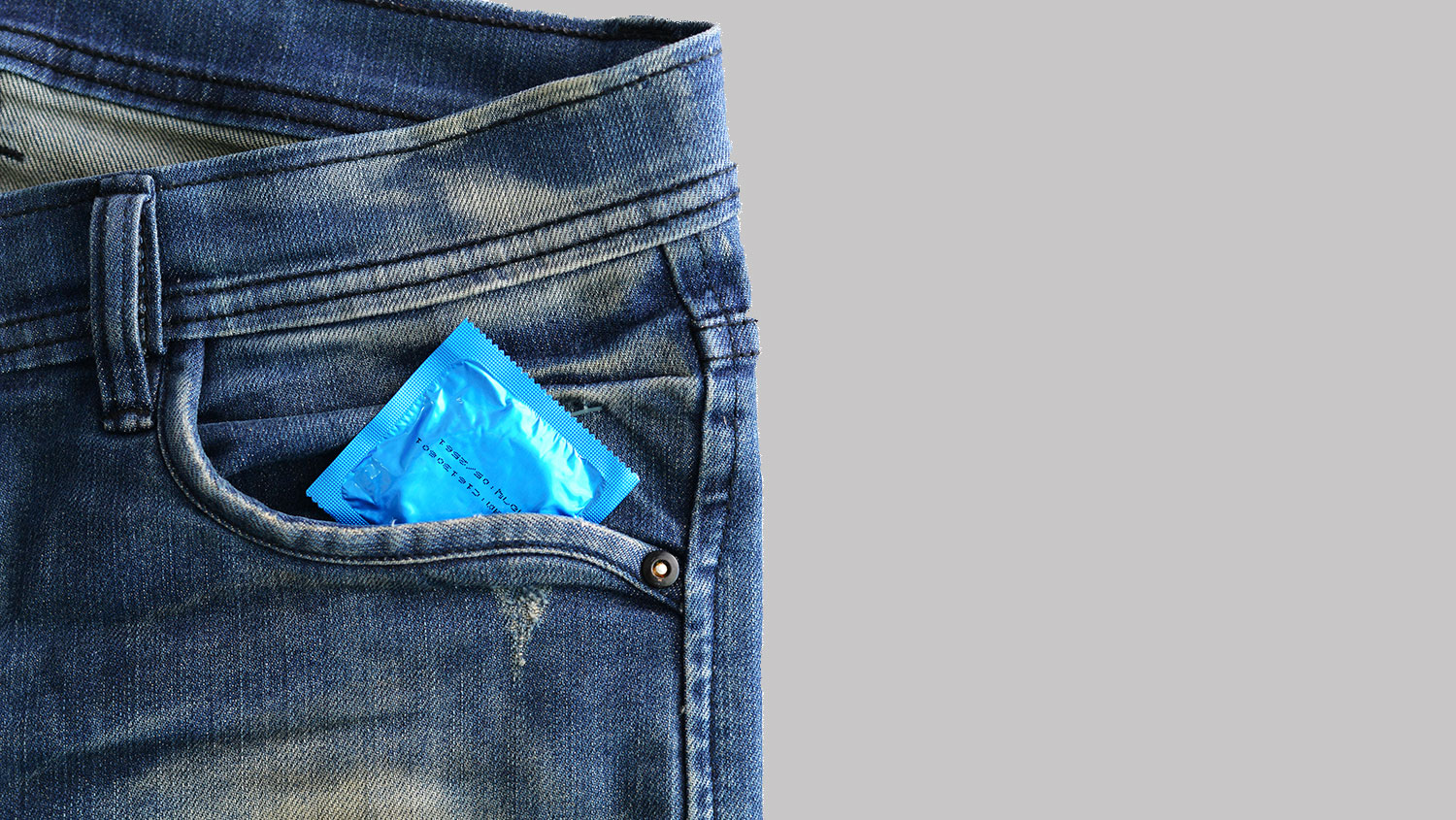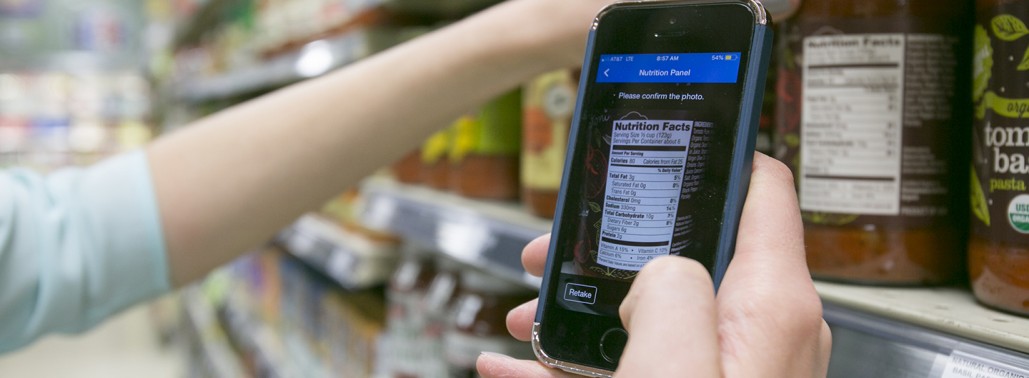
Mental healthcare via mobile
A suite of 13 mini apps is proven to reduce depression symptoms by up to 50 percent
Sexually transmitted diseases reduced by 40 percent with HIV prevention game
By Marla Paul
A novel online HIV prevention program with spicy soap operas and interactive games reduced sexually transmitted infections in gay young men by 40 percent in a recent Northwestern Medicine study.
This is the first online HIV prevention program to show effects on a biological outcome, and the results show the effectiveness of an online program to promote safe sex in the highest risk group. It is targeted to young men ages 18 to 29 who have sex with men. This group, which comprises just 2 percent of young people, accounts for 70 percent of HIV diagnoses.
“The numbers are alarming,” said lead author Brian Mustanski, director of The Institute for Sexual and Minority Health and Wellbeing at Northwestern University Feinberg School of Medicine. “The CDC estimates that without an intervention half of young black gay men and a quarter of Latino gay men will get HIV at some point in their lives.”
2%of young people
70%of HIV diagnoses
Mustanski and colleagues developed the program called Keep it Up! Participants who used Keep It Up! had a 40 percent lower incidence of sexually transmitted disease -- specifically chlamydia and gonorrhea -- compared with the control group at 12 months.
Instead of the typical HIV prevention approach, which provides facts about how HIV is transmitted and how to use a condom, Keep It Up! focuses on the lives of young gay men and weaves HIV prevention information into their typical experiences.
How Keep It Up! works
Reviews from study participants

I didn’t really think about my own behavior until I watched the soap opera. When I saw those characters, I was judging them, but then I realized I was doing the same (risky) thing.”
It motivated me to get tested. I had waited two years because I was afraid of the result, so without Keep It Up I would still be in the dark. Also, I liked that the content dealt with real-world situations like meeting at clubs or online.”

What's next?
 In 2015, the U.S. National HIV/AIDS strategy called for a 15 percent reduction in HIV incidence among young gay men who have sex with men. Only two of 59 current HIV-related evidence-based interventions target them.
In 2015, the U.S. National HIV/AIDS strategy called for a 15 percent reduction in HIV incidence among young gay men who have sex with men. Only two of 59 current HIV-related evidence-based interventions target them.
HIV prevention programs for gay young men should not be simple modifications of those developed for heterosexual youth, because gay young men have different challenges related to their sexual orientation, such as feeling isolated or not having supportive networks.
Mustanski hopes to get a grant for a trial to implement and disseminate the program in 50 U.S. counties. “It’s not enough just to put it on a website. We want to find the most cost-effective way to get this out in the community and how to reach the people with the highest risk,” he said.
Podcast produced by Feinberg School of Medicine
A web and mobile healthcare revolution

A suite of 13 mini apps is proven to reduce depression symptoms by up to 50 percent

With the help of an app, a fitness tracker and some subtle incentives, these study participants drastically reduced their risk for heart disease and cancer.

This app lets users scan barcodes of their favorite snacks to find similar but healthier alternatives.
Published: June 28, 2018. Updated: October 24, 2018.
Back to top